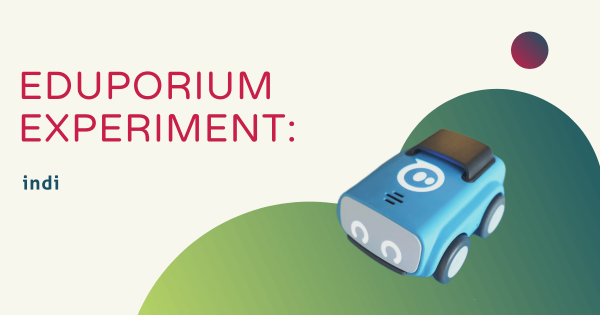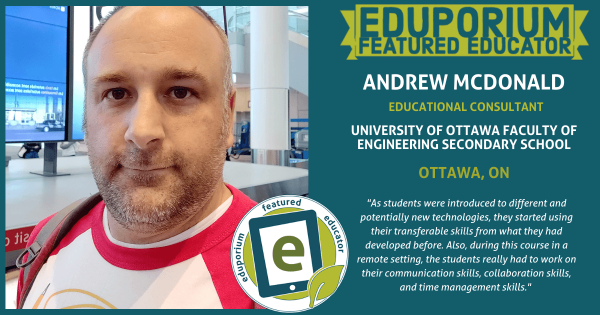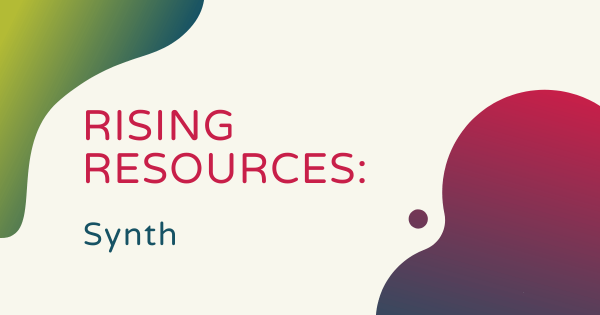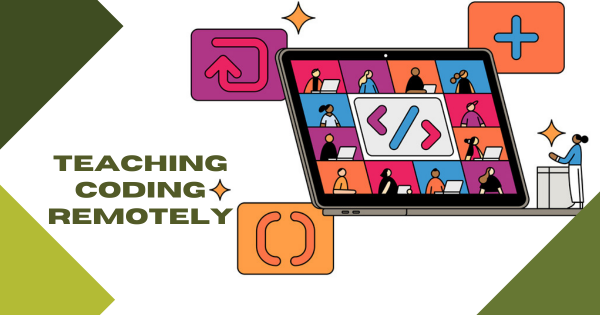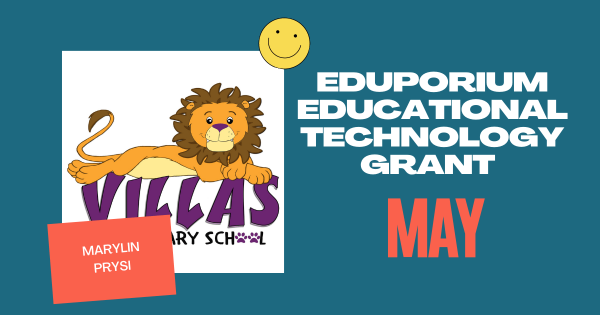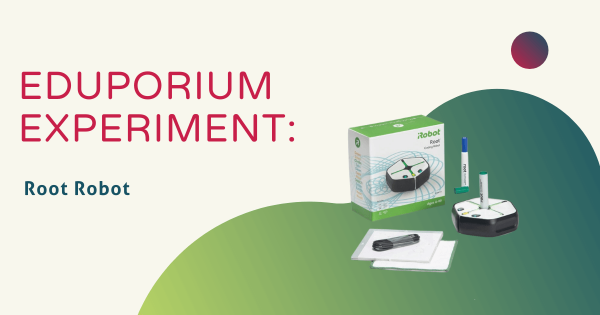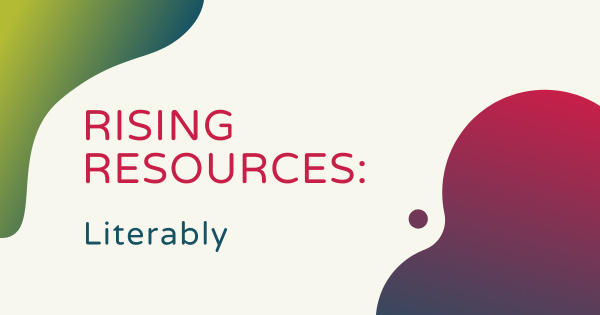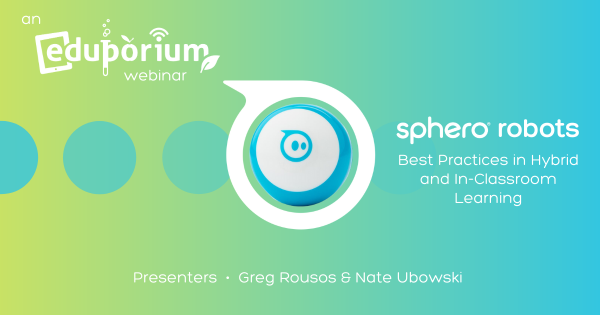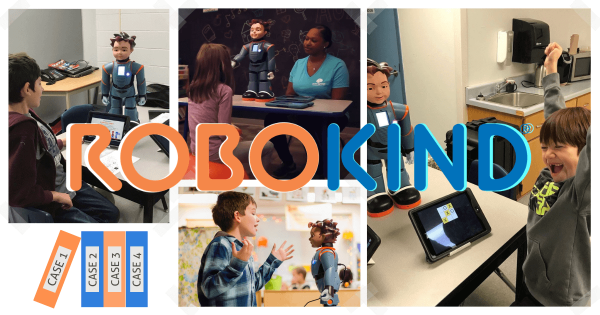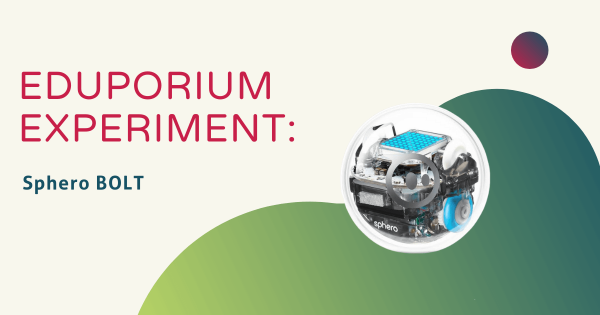The Sphero team recently announced that their newest addition, the Sphero indi, is available for pre-order. This versatile and friendly looking robot will serve as their first effort to engage early elementary students in robotics and coding. In the meantime, we thought we’d explore some of its features a bit, including what sets it apart!
Andy Larmand
-
Eduporium Featured Educator: Andrew McDonald
We’re excited to share our latest Eduporium Featured Educator interview with our community! This month, we hear from Andrew McDonald, who’s an educational consultant and faculty member of the Engineering Secondary School at the University of Ottawa and, like so many other educators around the world, he’s had to get creative over the last year. -
Rising Resources | Synth for Student-Teacher Communication
Some students need intentional effort to be made in order to settle into their learning situation, feel more comfortable participating, or use it as a base to become more social with their peers. If educators don’t have the time for one-on-one conversations, they can still communicate using Synth—the focus of this week’s Rising Resources post! -
Summer STEM: Tips for Teaching Coding Remotely
STEM education and coding in particular do not have to come to a halt just because education has been altered. Teachers around the world have been going to great lengths since March to continue delivering instruction with the highest quality possible and that can include STEM experiences in remote learning if you have a sound strategy. -
May EdTech Grant Awarded to Marylin Prysi!
We’ve awarded our $500 EdTech grant for the month of May to Marylin Prysi! Marylin is a teacher at the Villas Elementary School in Fort Meyers, FL and currently designing a STEM lab. She works with a large amount of minority students and helps create beneficial STEAM experiences for them to learn and grow together! -
Eduporium Experiment | Root Robot and Simulator
With three different levels, students can try block coding, hybrid coding, and text coding while controlling a variety of the Root’s features. There have also been updates to the Root, including new Android and computer or laptop compatibility. We’ll introduce you to the iRobot coding simulator as well and explore its amazing features! -
Rising Resources | Literably for Reading Assessment
For educators, there are a lot of different tech tools they can use. Some are geared towards math education, others towards teaching tech skills, and there are plenty of others for different areas of the curriculum. One of those areas is reading assessment. And, one of those tools for gauging an accurate picture of student reading skills is Literably. -
Video: Using Sphero Robots in Remote and Hybrid STEM
Led by Nate Ubowski and Greg Rousos, learn how teachers can use the Sphero BOLT, RVR, and Mini for robotics lessons in remote learning. Going beyond the 4 C’s to spark curiosity and create a greater sense of community improvement, the presenters also covered how Sphero’s robots allow for efficient STEAM instruction. -
How the RoboKind Robots for Autism and SEL Make an Impact
The line of RoboKind robots are unlike any others in the education world. Comprised of three facially-expressive humanoids, the RoboKind robots have helped provide support for countless students who learn differently. Each robot offers unique advantages and includes accompanying curriculum designed to open up communication and expression. -
Eduporium Experiment | Sphero BOLT
The Sphero BOLT is built on the same premise as its predecessor, the SPRK+, including a similar appearance. With the BOLT and its impressive features, however, students can accomplish much more! The BOLT is equipped with an on-board 8×8 LED matrix, a magnetometer for auto-aiming, a light sensor for measuring lux values, and IR sensors!



